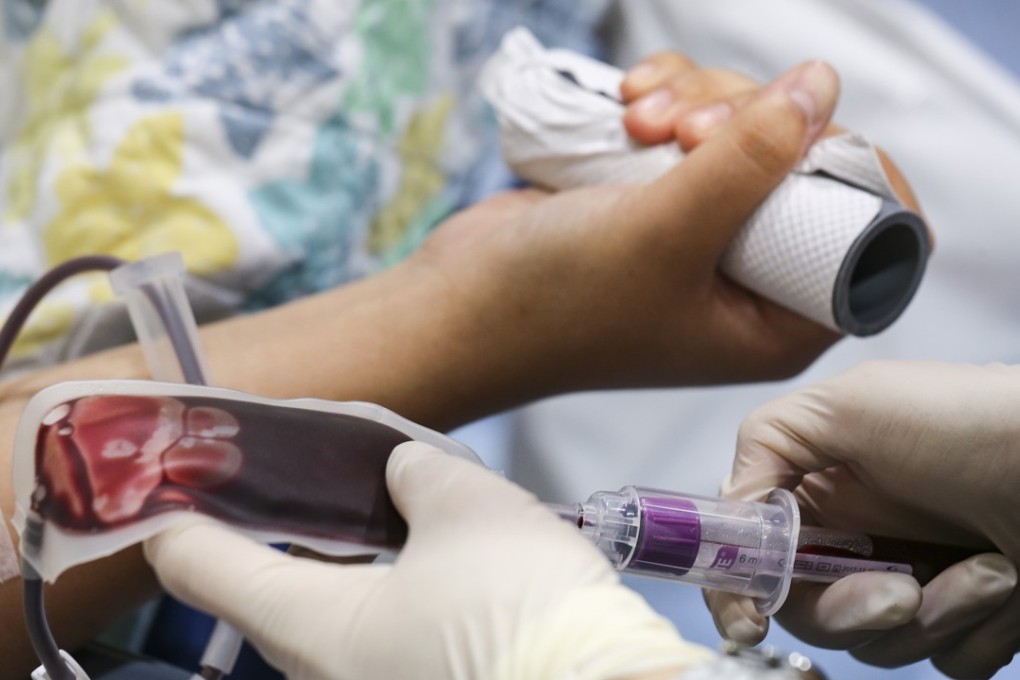Relaxed rules to allow gay men in Hong Kong to donate blood
Under the current policy those who declare they have engaged in male-to-male sex are ‘permanently deferred’ from donation

Men who have not had sex with other men in the past 12 months will be able to donate blood starting from late this month, the Hong Kong Red Cross has announced.
The new donation rules will officially come into effect on September 25 as the organisation’s blood transfusion service (BTS) said the change was based on scientific evidence and the experiences of other countries.
Dr Lee Cheuk-kwong, chief executive and medical director of the BTS, said foreign data had shown the risk of spreading blood-borne diseases did not increase after allowing donations from men who have sex with men (MSM) if they had stopped the sexual activity in the past 12 months.
“Previous studies showed that those men would be more honest in answering health assessment questions [after the change of policy],” said Lee. “The risk could be further reduced.”
Under the current policy, prospective donors need to fill in a health questionnaire which covers areas such as medical conditions, travel history and lifestyle habits. Those who declare they have engaged in male-to-male sex are currently “permanently deferred” from donation, but the policy would be relaxed under the new arrangement.
The BTS studied the practices of other developed countries before coming to the decision. Countries such as France, Britain, the United States and Australia have allowed MSM to donate blood as long as they had not had male-to-male sex in the past 12 months. The period of limiting same-sex sexual activity was even shortened to six months in Japan.
Apart from relying on honest declarations from the men, Lee said the nucleic acid test, a test used since 2007 to check whether donated blood contained any blood-borne diseases, had shortened the window needed to test for human immunodeficiency virus (HIV) to six days.